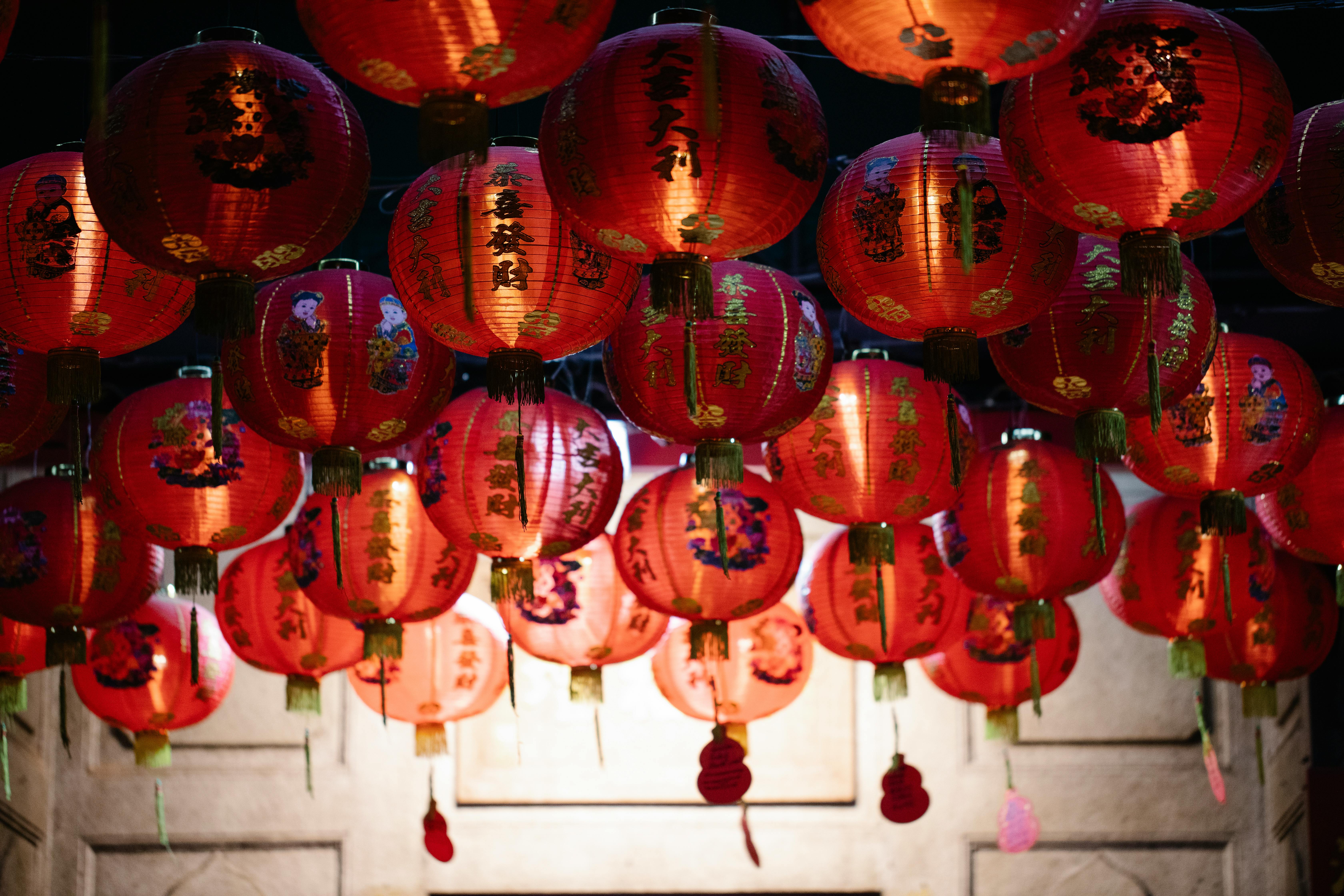
Explore the Vibrant Culture and Festivals of Equatorial Guinea!
Explore the Vibrant Culture and Festivals of Equatorial Guinea!
Introduction
Nestled in the Gulf of Guinea in Central Africa, Equatorial Guinea is a country that boasts a vibrant culture and a rich history. The country is made up of two parts: the mainland and an island called Bioko. Though small in size, Equatorial Guinea offers visitors a world of opportunities to discover its unique culture and traditions.
Culture and Ethnicity
Equatorial Guinea is home to several ethnic groups, each of which has its own customs and traditions. The largest ethnic groups are the Fang, Bubi, and Ndowe. The Spanish language is also widely spoken in Equatorial Guinea, owing to the country's colonial history.
One of the most striking aspects of Equatorial Guinea's culture is its music and dance. Traditional music often features drumming, and each ethnic group has its own distinctive sound. The Sawa and Bissio are two popular styles of music in Equatorial Guinea, with both featuring high-energy percussion and call-and-response lyrics.
Equatorial Guinea is also known for its colorful and boisterous festivals. The Biyewei Festival, for instance, is celebrated by the Bubi people on the island of Bioko every January. This festival involves large processions, traditional dances, and the sharing of food and drink. Similarly, the Fang people celebrate the Ekong Festival to honor their ancestors and pay homage to traditional beliefs.
Historic Sites
For those interested in history, Equatorial Guinea has much to offer. For instance, the city of Bata on the mainland is home to an intriguing Spanish colonial quarter, with buildings dating back to the early 20th century. Meanwhile, the island of Bioko boasts the historic Santa Isabel Cathedral, a neoclassical structure built by Spanish colonizers in the 20th century.
Visitors to Equatorial Guinea can also explore the art and artifacts of the country's diverse ethnic groups. The Centro de Arte in Malabo, for instance, houses a collection of traditional and contemporary art, while the National Ethnographic Museum in Bata showcases the culture and customs of the country's ethnic groups.
Conclusion
Equatorial Guinea's vibrant culture and festivals offer visitors a unique glimpse into the country's history and tradition. Whether you're interested in music and dance or colonial architecture and museums, this small but captivating country has a lot to offer. Book your trip to Equatorial Guinea today and explore all it has to offer!
